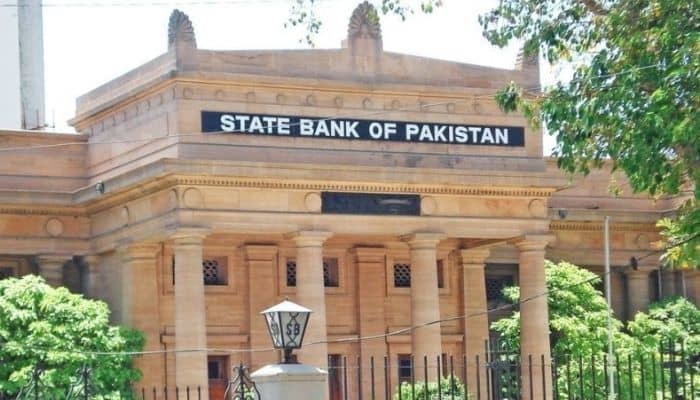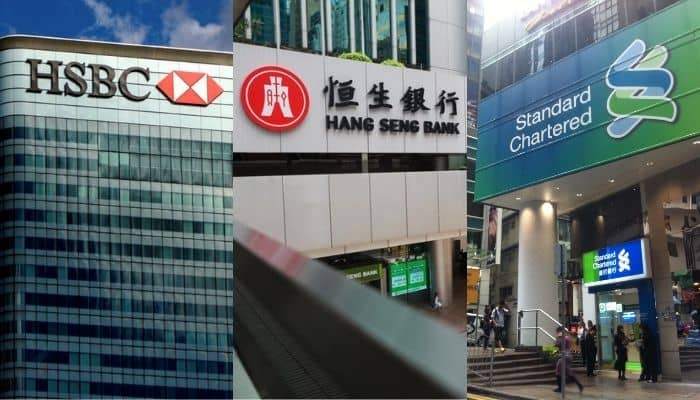Singapore – Despite the rising number of digital-only banking offerings, around 73% of consumers in the Asia-Pacific region still trust traditional banking systems, compared to the 44% of consumers saying they trust digital-only banking systems, according to the latest data from YouGov.
While 82% of Indonesians trust traditional banks, only around 38% trust digital-only banks. Similarly, 78% of Singaporeans trust traditional banks, and 37% trust digital-only banks.
Meanwhile, confidence in digital-only banks is highest among consumers in Australia and India – where trust is at most 21% points lower than that for traditional banks. Around 62% of Australians trust digital-only banks versus 75% for traditional banks, while 51% of Indians trust digital-only banks versus under 72% for traditional banks.
Lastly, in China and Hong Kong, trust in digital-only banks lags that of traditional banks by 30% and 37% points respectively.
In terms of Gen Z consumer behaviour, trust in digital-only banks lags traditional banks the most among Gen Z consumers in Singapore by 29 points and Hong Kong by 26 points – above the APAC average of a 19-point trust gap – less so in Indonesia by 13 points and Australia by 8 points.
Meanwhile, around 39% of Gen Z consumers in Hong Kong trust digital-only banks, significantly lower than that of the APAC average of 48%. Additionally, Gen Z consumers’ trust of traditional banks is also significantly lower in Australia, around 53%, but significantly higher in Singapore at around 79% when compared to the APAC average of 67%.
Among millennials, 72% trust traditional banks while around 47% have confidence in digital-only banks. Trust in digital-only banks lags traditional banks the most among Millennial consumers in Hong Kong and Singapore, both by 33 points– above the APAC average of a 25-point trust gap – less so in Indonesia by 22 points and Australia by 15 points.
Notably, millennial consumers’ trust of digital-only banks in Hong Kong of 37% and Singapore of 40% is significantly lower than that of the APAC average of 47%. Additionally, Millennial consumers’ trust of traditional banks in Australia of 61% is also significantly lower than that of the APAC average of 72%.










